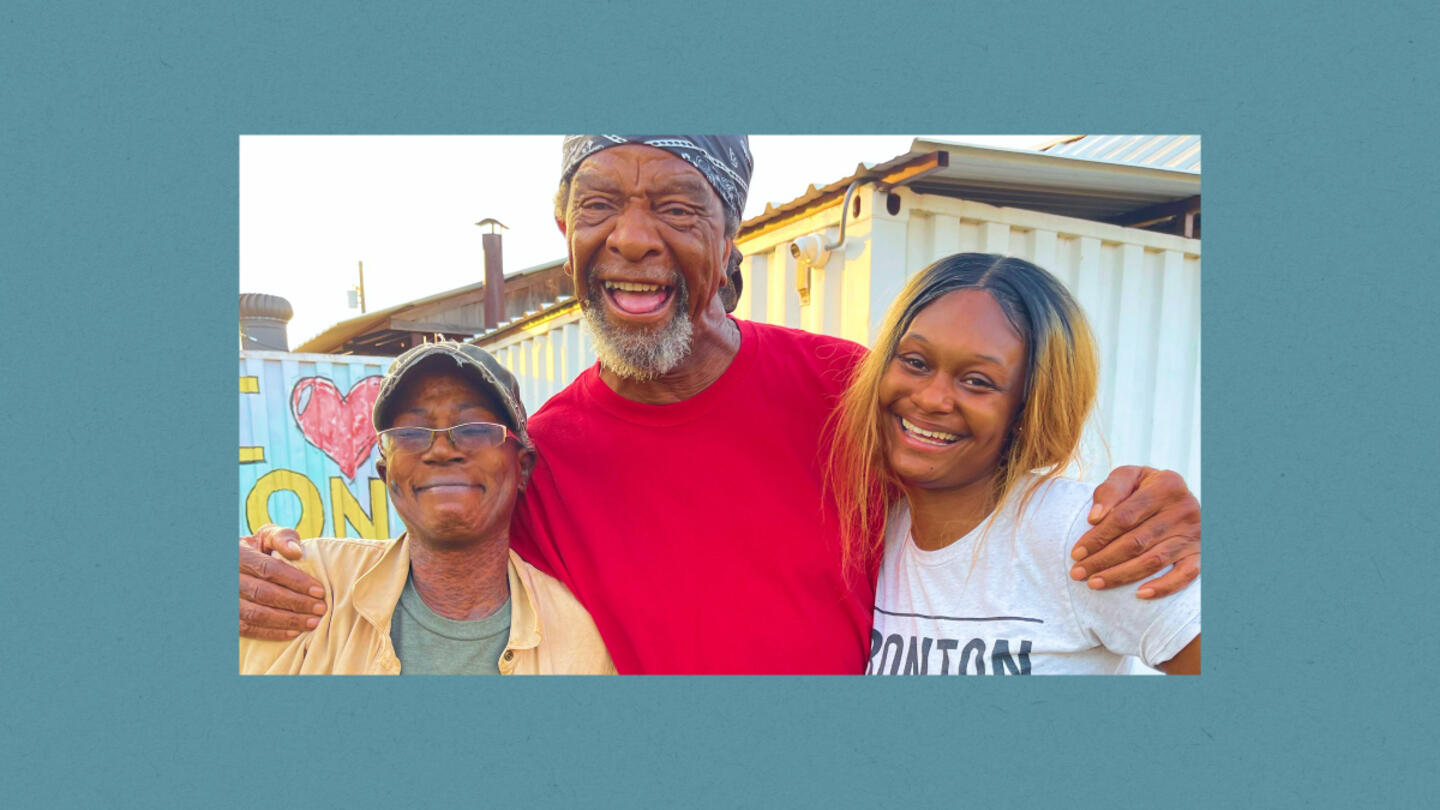All too often, the U.S. foster care system works on the assumption that youth in foster care need to be sheltered or "protected." Just in Time for Foster Youth Chief Empowerment Officer Don Wells believes such thinking can be harmful, however well-intentioned.
The San Diego-based nonprofit serves individuals aged 18 to 26 transitioning out of the foster care system and into the next phase of their life. "Our goal is to empower youth. Not to protect them," Wells says. "Empowerment is the goal. Seeing the young people themselves not as damaged and deficient, but having potential is more of a strength-based approach. Our theory of change focuses on looking at young people for what they can do with their potential."
Just In Time for Foster Youth's emphasis on empowerment is explored further in the new book, "Life Changing Choices: the 7 Essential Choices at the Heart of Transformational Change for Foster Youth and Your Community." The book is co-written by Wells and six of his colleagues: Caitlin Radigan, Diane Cox, Irving Chavez, James Hidds-Monrie, Nathaniel Martinez, and Simone Hidds-Monroe.
"Foster care is a dependency system," Wells says. "If you're in a healthy family, you stop being totally dependent over time if your parents are doing what they need to. If you're in foster care, you stay dependent. You don't get to make choices. I remember one time I was working with a young person and they were getting things to decorate their apartment. I asked them, 'What is your favorite color?' They paused and said, 'Nobody's ever asked me that.'"
In the book, Wells and his co-authors outline an alternative to the current state of foster care predicated on empowerment, connection, and community. That includes creating a "long bridge" for foster youth that begins, rather than ends, when they turn 18 and transition out of the system. In the excerpt below, the authors describe how Just in Time for Foster Youth came to understand the importance of this transition, and how it transformed the organization's mission and unique theory of change:
Sign up for the Strong & Safe Communities newsletter for stories, ideas, and advice from changemakers breaking cycles of poverty and bridging divides.
"As young people continued to exit the child welfare system unprepared for adulthood, and with their transition uncertain, fragmented and difficult, we were fortunate that the key to real transformation in transition was within our reach. The one critical thing no one had found a way to provide consistently was actually an enormous untapped resource we could access — reliable relationships within a caring community of volunteers.
"That's when, in 2010, Just in Time's mission changed focus.
"Rather than continuing to 'temporarily' outsource the welfare of our children to systems that have failed them, this shift to a new mental model requires us to build a foundation of lasting positive relationships. It replicates how any healthy family creates a successful transition for its children from birth to adulthood.
"The social service narrative of "Programs/Systems" is replaced by a people-centered, volunteer-driven "Services /Community" framework for delivery of comprehensive resources and access to reliable relationships.
"We also recognize the young people we serve as Creative, Resourceful, and Whole - not damaged and deficient - so we partner with them as leaders in the development of our community. Former foster youth staff and participants are integral to every JIT event, presentation, and communication, acting as Lead voices at all significant gatherings.
"In fact, more than half of our current staff are former foster youth, most of them having participated in JIT services. Our youth-centered approach creates a real community of young people who volunteer for JIT, become peer coaches to the youth who follow, and take ownership of the organization. JIT doesn't just serve youth; it embodies and celebrates their promise and power to shape their futures."
The book goes on to outline seven principles that anyone working in the foster care system can apply in their own work. As the authors put it, it's more than a "how to" guide – it's a "why do" challenge to the traditional approach to child welfare, one that offers a new way of thinking about the critical decisions that must be made to empower every individual to live the life they want for themselves.
***
Just in Time for Foster Youth is supported by Stand Together Foundation, which partners with the nation's most transformative nonprofits to break the cycle of poverty.
Learn more about Stand Together’s efforts to build strong and safe communities and explore ways you can partner with us.

Now in recovery, he’s teaching others how to deal with “life on life’s terms.”

This South Dallas neighborhood is a food desert, but problems run deeper than limited food access.

The new org chapter Olympic star Simone Biles helped found is just getting started.

The film, executive produced by Letitia Wright and Joe Knittig, CarePortal CEO, shows how communities strengthen families.
